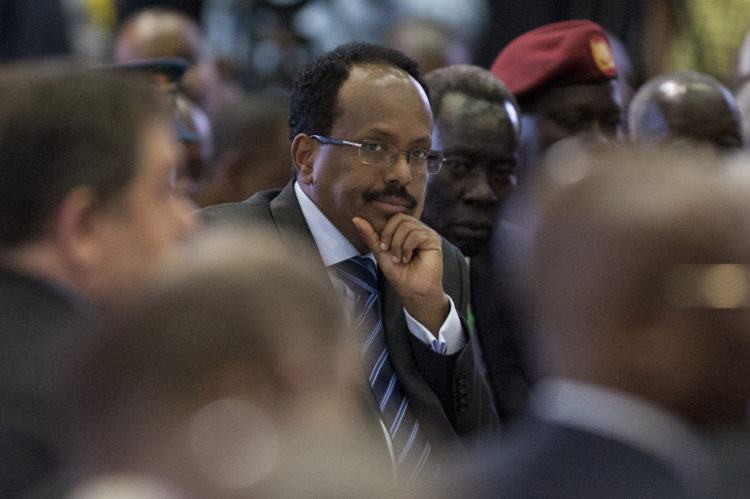The World Bank announced on Wednesday that it would send $80 million in grants to Somalia to help the African country enact economic reforms. According to Reuters, this is the first time in almost 30 years that the World Bank has approved any type of funding for the Somalia government.
In 1991, the World Bank officially ended its relationship with Somalia, citing increased tribal violence. In 2003, the organization voiced its plans to provide support to Somalia, especially focused “on HIV/AIDS and livestock programs,” in conjunction with other nongovernmental agencies. However, these plans did not include lending money to the Somalian government.
According to Reuters, the World Bank’s board of directors agreed on two aid projects. The first is the “Recurrent Cost and Reform Financing Project,” which accounts for $60 million. The other is the “Domestic Revenue and Public Financial Management Capacity Strengthening Project,” which will utilize the remaining $20 million.
“[The projects] represent a milestone in Somalia’s development and reconstruction,” a World Bank official said in a statement.
In addition to the funds, the World Bank will also partner with Somalia’s government to implement the “Country Partnership Framework” program. The program is designed to help the Somali government improve the country’s education, health care, service, and utility industries.
“While agriculture is key to the economy, it remains vulnerable to shocks. As such, services will continue to be a main driver of growth, especially in the financial, transport and communication and trade sectors,” said officials from the World Bank.
There is no hiding Somalia’s violent past, which includes tribal fighting, piracy, and now a radical Islamic insurgency under the banner of al Shabaab. Al Shabaab is believed to be backed by al-Qaida, and the U.S. military is currently conducting operations to eradicate the terrorist groups from the Horn of Africa.
Despite the violence, the International Monetary Fund predicts that the country’s economy will grow slightly in 2018.
The World Bank was founded in 1944 as the “International Bank for Reconstruction and Development.” Its original purpose was to provide loans to countries looking to rebuild after World War Two. Later in the 20th century, the Bank began to fund development projects, specifically infrastructure projects, in the developing world. The organization can loan money to governments or privately held companies.
In addition to its projects in Somalia, the World Bank also announced on Wednesday that it would be investing $1 billion in a new initiative to “accelerate investments in battery storage for energy systems in developing and middle-income countries.” The goal of this project would be to triplicate the total amount of energy stored in batteries in the developing world.
Already have an account? Sign In
Two ways to continue to read this article.
Subscribe
$1.99
every 4 weeks
- Unlimited access to all articles
- Support independent journalism
- Ad-free reading experience
Subscribe Now
Recurring Monthly. Cancel Anytime.











COMMENTS